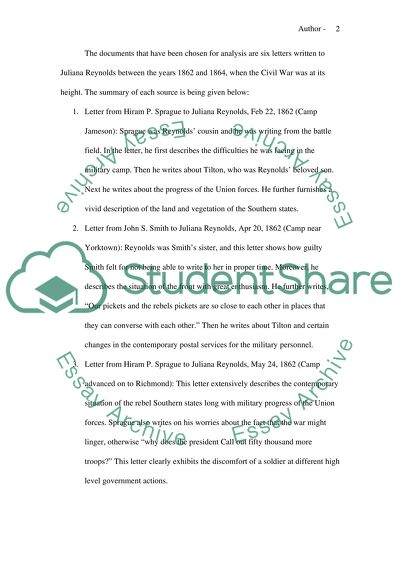Cite this document
(“Civil War Essay Example | Topics and Well Written Essays - 1250 words”, n.d.)
Retrieved from https://studentshare.org/history/1440065-civil-war
Retrieved from https://studentshare.org/history/1440065-civil-war
(Civil War Essay Example | Topics and Well Written Essays - 1250 Words)
https://studentshare.org/history/1440065-civil-war.
https://studentshare.org/history/1440065-civil-war.
“Civil War Essay Example | Topics and Well Written Essays - 1250 Words”, n.d. https://studentshare.org/history/1440065-civil-war.


